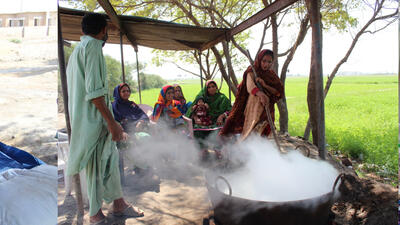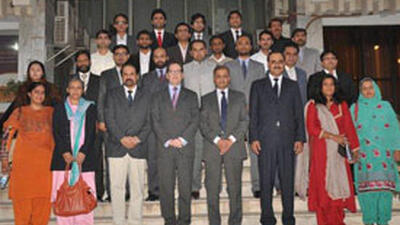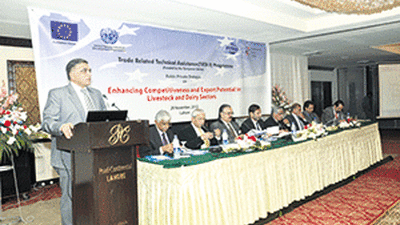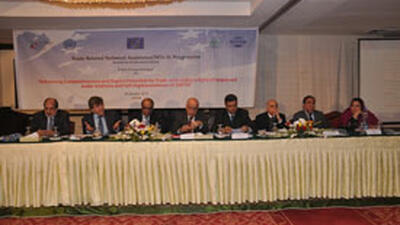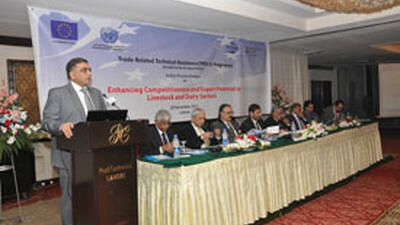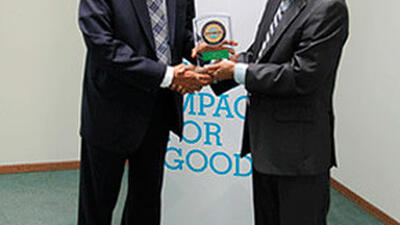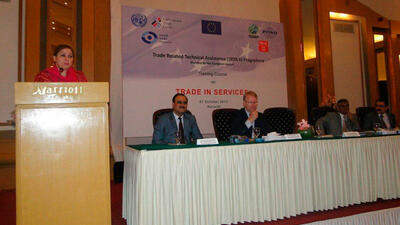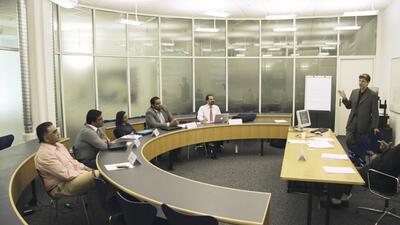New guide to help Pakistani exporters navigate enhanced EU trade preferences (en)
A new ITC guide spells out how Pakistani companies in key export sectors can boost sales and employment by taking advantage of enhanced market access terms offered by the European Union.
The EU’s ‘Generalized System of Preferences’ (GSP) scheme offers developing country exporters reduced tariffs across roughly two-thirds of EU tariff lines. Its GSP+ scheme, an extension of the general scheme, offers additional tariff preferences to developing countries that have adopted various international conventions relating to sustainable development and good governance. GSP+ preferences cover some key developing country exports such as certain agricultural and fisheries products, tobacco, chemical products, plastic, rubber, raw hides and skins and leather, wood, textiles, apparel, footwear, and articles of stone.
The EU granted Pakistan GSP+ status as of the beginning of 2014, making it one of thirteen countries benefitting from the enhanced preference scheme.
For the improved market access to yield economic and developmental benefits, however, companies in Pakistan need to understand whether and how the new tariff rates apply to them. They also have to understand the relevant non-tariff measures, as well as the documentation and other requirements needed for EU customs authorities to grant their shipments the appropriate tariff concessions.
The new report explains what exactly GSP+ status entails for Pakistani exporters, and outlines the procedures and steps to be followed at home to export to the EU under this scheme. The report provides specific instructions and explanations for key exports – clothing, footwear, fruits and nuts, ethanol, and dairy – setting out health and sanitary requirements, technical standards, rules of origin, labelling, and licensing rules.
ITC developed the guide within the context of a European Union-funded programme being implemented in Pakistan by ITC, the World Intellectual Property Organization, and the United Nations Industrial Development Organization.




